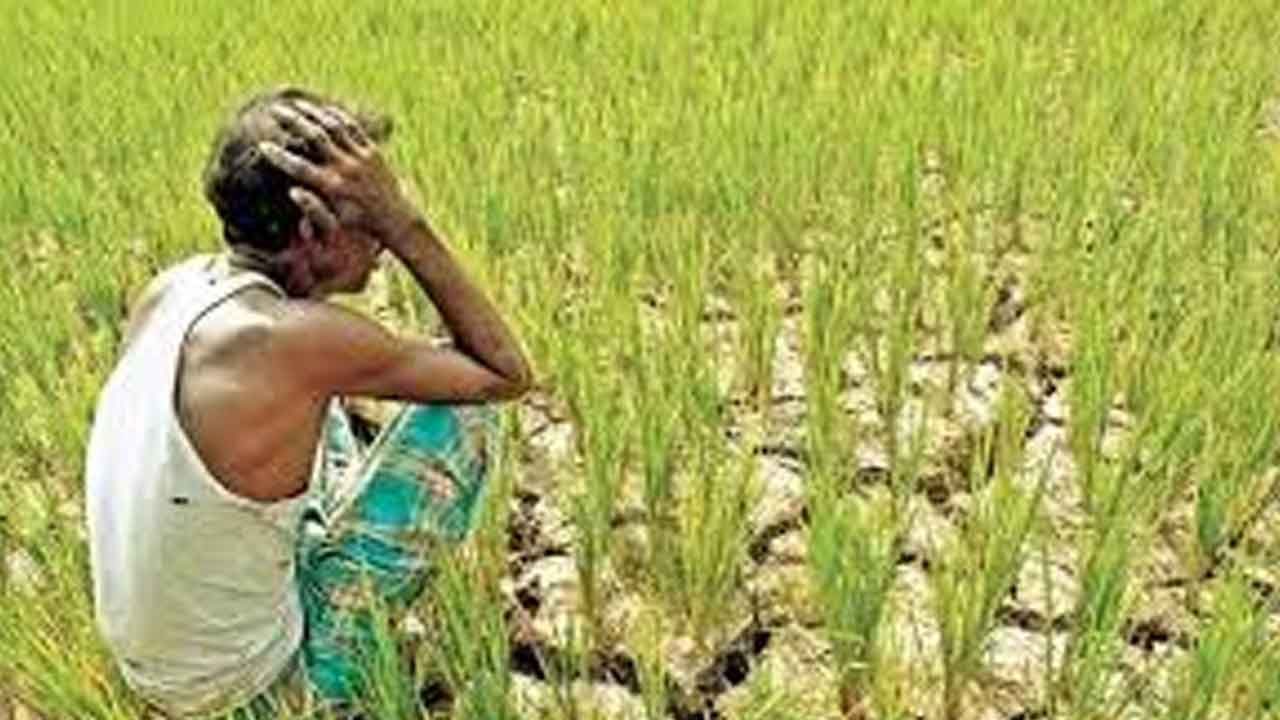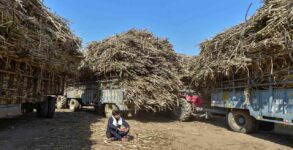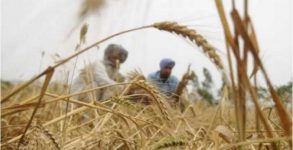Agriculture is an essential part of Indian economy in terms of income and livelihood. Its share in GDP is 16% and 44% in jobs. Thus understanding the recent agricultural reforms becomes critical. The broad goal of these is to free farmers from restrictions on sale of their produce. This allows private capital to come in by allowing farmers to enter into deals with large buyers such as exporters and retailers.
For this several amendments have been made. The Essential Commodities (Amendment) Bill, 2020: removes cereals, pulses, oilseeds, edible oil, onion and potato from essential commodity list; does away with the limit of stock imposition except under exceptional circumstances; basically it aims to give the freedom to agribusinesses to freely stock food articles without the fear of being prosecuted for hoarding. The Farmers (Empowerment and Protection) Agreement of Price Assurance and Farm Services Bill, 2020: offers for contract farming and allows farmers to tie up with large buyers, exporters and retailers. The Farmers Produce Trade and Commerce (Promotion and Facilitation) Ordinance, 2020: basically aims to bypass APMC system. The central idea with all three Bills on the paper is to liberalise the farm markets. This is supposed to increase the systems efficiency and productivity leading to better price realisations for farmers. The government has sought to project the legislation as “creating an ecosystem” where farmers will enjoy the “freedom of choice” to sell to anyone, anywhere in the country.
These Bills passed amidst massive objections from opposition parties have resulted in farmers, particularly from Punjab and Haryana, launching protests which since then have spread far and wide. All India Kisan Federation (AIKF) has lent its support and stated that “This policy of privatisation in agriculture and handing it over to corporates is being carried out under the name of agriculture reforms” and that opening of private markets, unrestricted trade, movement and unlimited storing and hoarding of agri-goods would open floodgates for big corporates and will abolish the small and marginal farmers. This has been proven true earlier. For instance when Bihar removed the APMC system, markets suffered loss of fee revenue, with no significant private investments in the sector. State of Punjab has opined that agriculture and markets are state subjects and that there should be no tinkering with MSP and APMCs.
It is being argued that without strong institutional mechanism such a free market policy will harm lakhs of unorganized small farmers. There is also apprehension that unlimited MSP procurement may be stopped despite assurance from government that it will not. Old structures may be replicated outside the mandi and may function without any regulatory oversight. It has been argued that, “There is a real risk that the Indian agricultural sector will be left in a state of greater regulatory ambiguity and economic uncertainty, and that farmers will suffer more.”
Perhaps greater agitation is happening because of the way that reforms have been introduced – without consultations with opposition and interested parties. Implementation will be another test given that agriculture is a state subject. Already many state governments are challenging these. Farmers have been hard hit with pandemic and lockdown. ASHA and Anganwadi workers (protesting against low wages) and members of trade unions have extended support to the Bharat Bandh by the farmers. Farmers’ protests are gaining traction and time will tell how this shape out. The year has seen great loss in incomes and livelihoods and massive urban to rural migration with great hardships. These reforms if not properly implemented may trigger further losses in the rural sector. Careful planning and monitoring will be crucial for safeguarding the farmers.

















